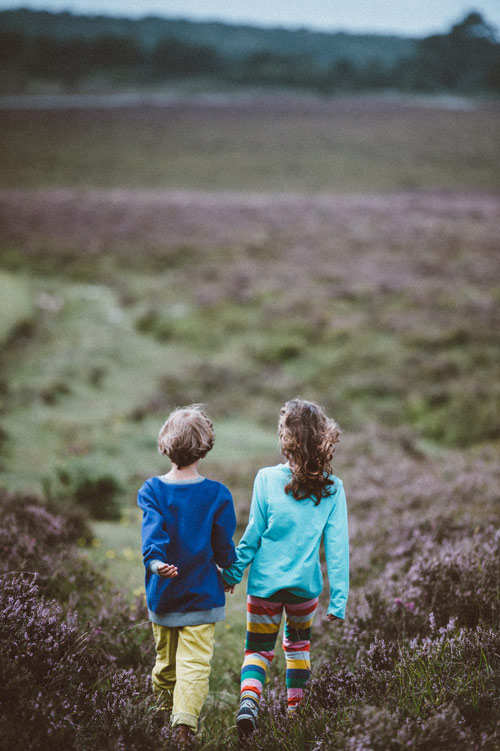Supporting Kindness and Compassion in children
Did you know that 1 in 5 Canadian children are impacted by bullying?
February 28,, 2018 is Pink Shirt Day, where children, parents and communities around Canada wear pink shirts to raise awareness about bullying and raise funds to support programs that foster children’s healthy self-esteem.
It is safe to say that no parent wants their child to be bullied; it is also safe to say that no parent wants their child to behave in a way that harms others. So, how can we help our children practice kindness and compassion in their everyday lives?
Research shows that children who bully, targets of bullying and bystanders can all benefit from learning pro-social skills. Pro-social behaviours include sharing, helping, giving, cooperation, and showing sympathy, kindness and concern. Developing these skills is crucial to children’s well-being and to the overall well-being of our schools and communities. Parents, caregivers and educators can support and encourage pro-social behaviour in children.
Developing kindness and compassion in children begins with the parent-child relationship. We know that children with secure relationships to the important adults in their lives tend to have more positive peer relationships. Beginning when they are babies, parents and other primary caregivers provide children predictability, consistency and a secure base, which helps promote the development of trust. It is from this base that children begin to explore their physical and social environments. As they grow, children become more verbal, self-aware, and able to think about another person’s point of view. This increases their ability to interact positively with their peers.

While science is showing that children are hard-wired for kindness and compassion, we also know that, like many skills children learn, pro-social behaviours need to be taught. There are many ways children learn to interact positively with others, including watching and listening to what the adults around them say and do, learning through play and peer responses, and through everyday interactions with the world around them. Some ways parents and caregivers can support the development of pro-social behaviour include:
- Modeling appropriate pro-social behaviours. This includes practicing positive discipline techniques that include firm, fair and consistent rules. Avoid criticizing, shaming, or insulting your child for unwanted behaviours.
- Helping your child positively navigate conflict. Coach your child through disagreements with friends or sibling by helping them see the situation from the other child’s point of view. If they have hurt someone physically or emotionally, help them think of ways to make amends beyond just saying “I’m sorry”.
- Taking advantage of “teachable moments”. Whether on TV, video games or real-life, children often witness moments where people are unkind to others. Use those moments to talk to children about their feelings and to practice empathy for the target of the unkind behaviour.
- Encourage pro-social behaviors. If you witness your child being kind, sharing, or showing concern for others, point it out and let them know you are proud of them. Make sure to praise the specific behaviour – “I like how you shared your toy” - rather than the child - “you’re a good girl”. Praise can lose its impact if it isn’t specific. It can also help to reinforce the behaviour by pointing out it’s effect – “that made your friend really happy”.
One of the best ways we can encourage early pro-social behaviour in children is by providing lots of opportunities for them to play and practice with other children. Check out all the early learning and play programs Richmond has to offer in our program directory



